Learn the 9 Signs of Childhood Anxiety: How to Support Your Child in Coping
It is typical to have childhood anxiety. But much trepidation and worry might trigger anxiety. Children can also experience this; it doesn’t just happen to grownups. Despite your repeated assurances that everything will be fine, they nevertheless experience anxiety and worry.
Deal with your child’s excessive concern and anxiety right away to prevent it from developing into a much bigger issue. To help youngsters deal with their anxiety, the majority of parents and educators today use special needs resources products like stress balls or kids’ ride-on cars.
9 Signs Of Anxiety In Children
To offer early intervention and support, it is essential to spot the symptoms of anxiety in youngsters. When you take care of this, you can support your child’s general wellbeing and you’ll also be able to relax more.
These are the nine symptoms of childhood anxiety:

Excessive Worry And Fear
Excessive worry and fear in youngsters are the most typical symptoms of anxiety. It may be so enduring that it interferes with their social and academic pursuits. They occasionally find it difficult to carry out their regular activities, such as going to school, being sick, or socializing.
Talk to them about it and attempt to determine why if you observe this. Perhaps they are being bullied at school, or perhaps something else caused them to feel this way. And seeking expert advice could be helpful if you discover that they don’t respond to you or if you find it difficult to express yourself.
Avoidance
Children that are anxious could see certain situations as terrifying or threatening. By shutting themselves in their rooms or declining invitations to participate in any activities, they’ll make an effort to avoid them. Avoidance is a coping strategy for kids with social anxiety.
You may assist them if you gently and gradually coaxed them to confront their anxieties. It’s crucial to avoid pressuring them because doing so could make things worse. Be patient and empathetic with your youngster.
Physical Symptoms
Some symptoms of anxiety may manifest physically, such as:
- Fatigue
- Headache
- Stomachache
- Nausea
- Dizziness
- Trembling
- Sweating
- Rapid heartbeat
- Skin problems like eczema
- Alopecia areata
The fight-or-flight reaction of the body causes physical symptoms to manifest. This response is intended to defend the body against threats that it perceives. These symptoms are brought on by the stress hormone cortisol, which the body releases when a youngster is nervous.
It’s crucial to control these symptoms so that your child can enjoy playing, socializing, engaging in sports, and learning.
Difficulty Sleeping
Your child’s sleep may be hampered by anxiety. They might have nightmares, night terrors, or even start wetting the bed. They won’t be able to function well during the day if they don’t get enough sleep.
Establish a pleasant and restful setting for nighttime to aid in their peaceful slumber. To help children sleep more soundly and quickly at night, encourage them to establish a pattern.
Irritability
In order to escape failure, rejection, or criticism, anxious children could feel under pressure to perform flawlessly. They might also think that if they have control over their surroundings and conduct, they can avoid negative outcomes.
Additionally, because they don’t want to receive unfavorable criticism for what they do, they frequently overthink and stress over minor matters. This may have both advantages and disadvantages for kids. They’ll be susceptible to depression or other illnesses if they falter in their quest for perfection or make mistakes. You must, as a parent, give your child the impression that making mistakes is natural and okay.
Perfectionism
In order to escape failure, rejection, or criticism, anxious children could feel under pressure to perform flawlessly. They might also think that if they have control over their surroundings and conduct, they can avoid negative outcomes.
Additionally, because they don’t want to receive unfavorable criticism for what they do, they frequently overthink and stress over minor matters. This may have both advantages and disadvantages for kids. They’ll be susceptible to depression or other illnesses if they falter in their quest for perfection or make mistakes. You must, as a parent, give your child the impression that making mistakes is natural and okay.
Difficulty Concentrating
Children can become distracted by their racing thoughts and lose focus on important things like schoolwork. They could also obsess about a single issue to the point where it hinders their ability to concentrate.
This conduct might be a sign of a co-occurring condition like depression or attention deficit hyperactivity disorder (ADHD). Developing techniques to support their attention and focus will be much easier with the guidance of a mental health expert.
Excessive Self-Consciousness
In social settings, they may feel awkward or self-conscious about how others see them. As a result, they could have a hard time finding friends and end themselves home alone. They may be too critical of their looks due to self-consciousness, which can be mitigated by doing the following:
- Encouraging positive self-talk
- Participating in activities that build self-esteem, like music, sports, or arts
- Role-modeling positive self-confidence.
It’s important to be mindful of your self-talk whenever you are around your child. Your child looks up to you as a parent, so sometimes what you say becomes the moral compass they follow.
Signs of Anxiety in Children: Conclusion
All ages of kids are susceptible to the mental health condition known as anxiety. It’s crucial to recognize the many symptoms of anxiety in order to provide your child with the right support and intervention.
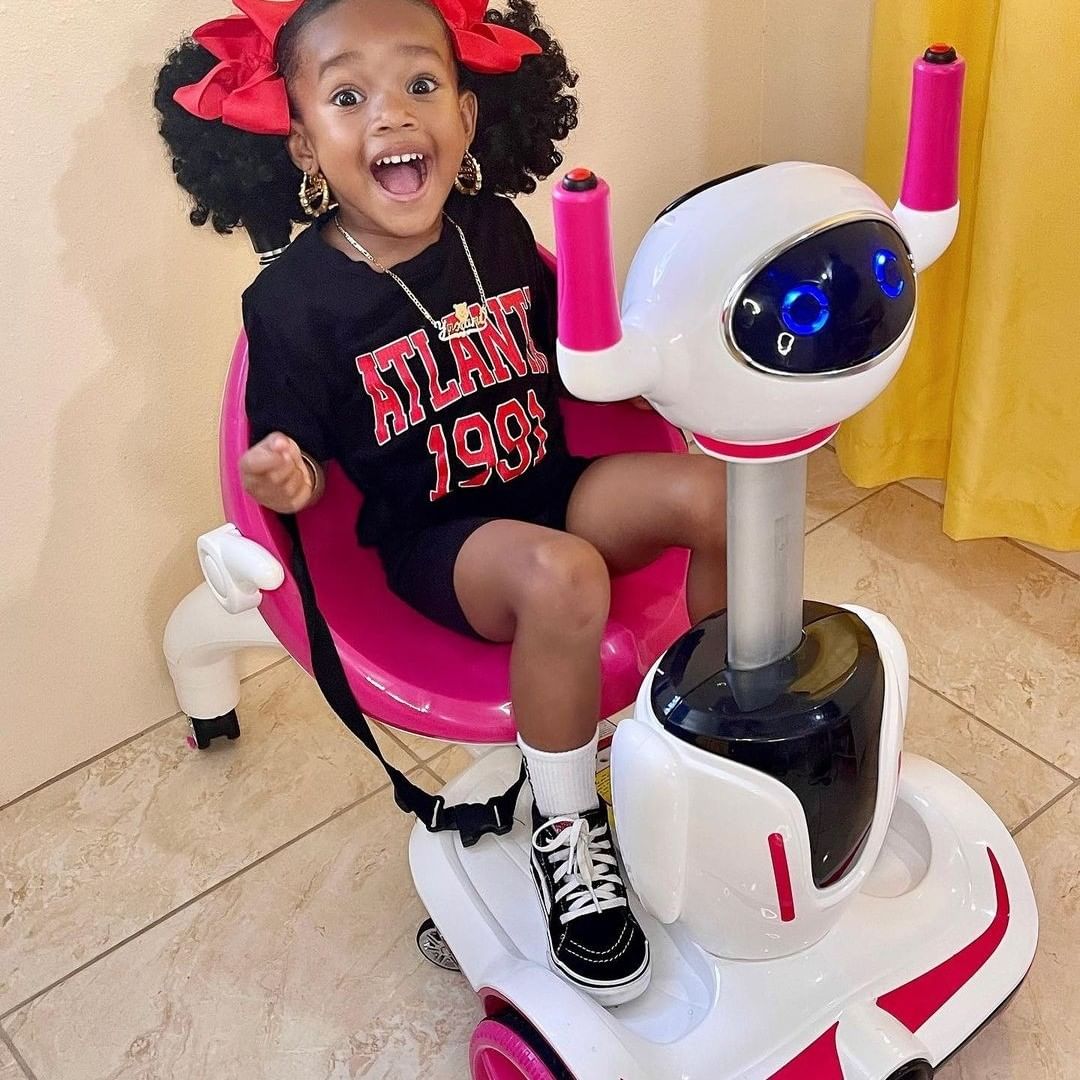

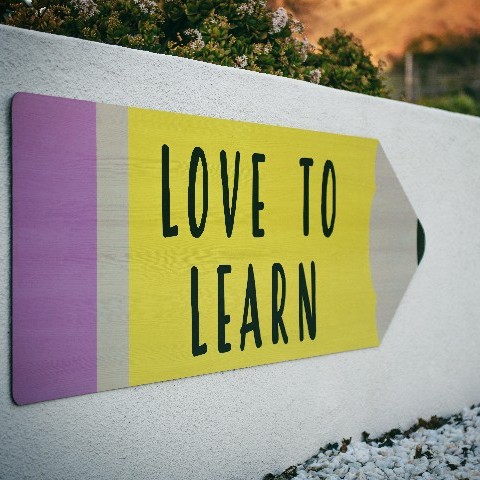


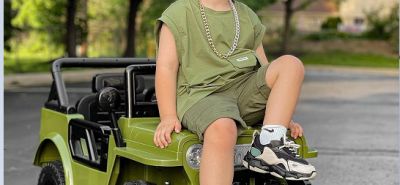
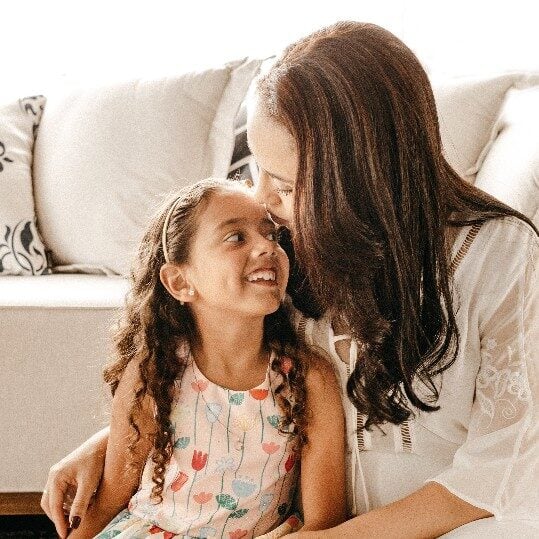


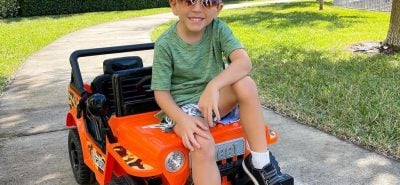

LEAVE A COMMENT
You must be logged in to post a comment.